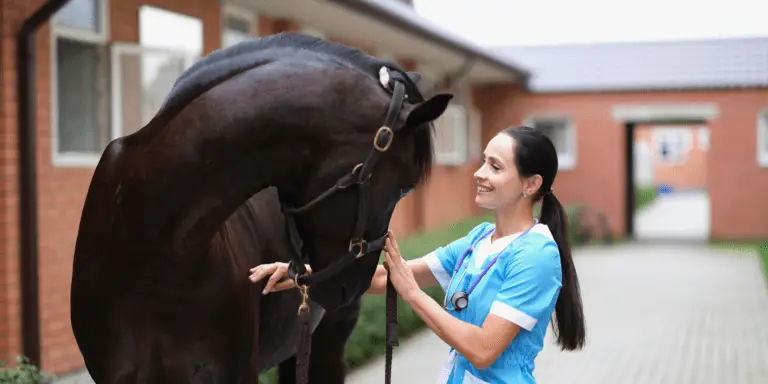
Organs of the Horse – Take a Look Inside
Just as it is with humans, the horse’s skin is the largest organ of the body. However, this blog post is dedicated to the organs that we cannot see from the outside. Let’s take a look inside the horse and
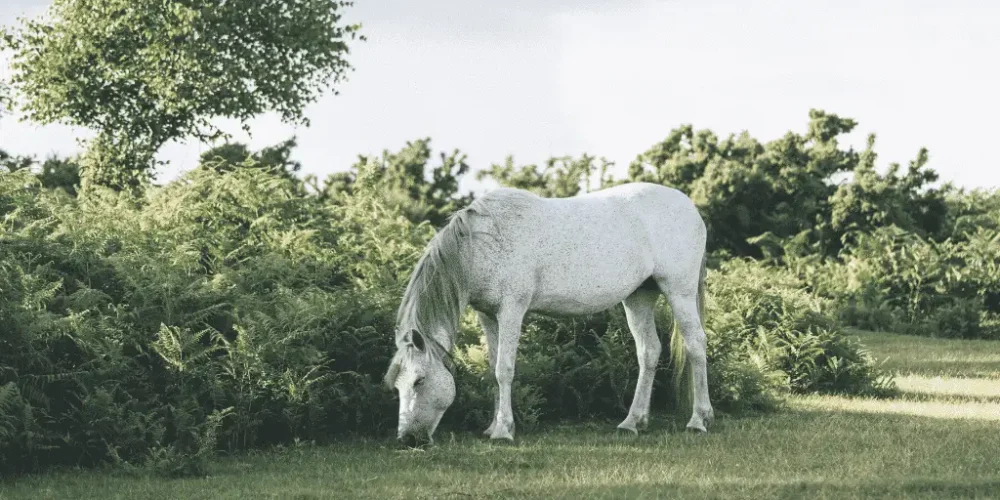
How often do you wish horses could talk to you? Well, you know they can’t, but nevertheless your horse will give you signs when something is wrong.
Here is an overview of common symptoms and what they can mean:
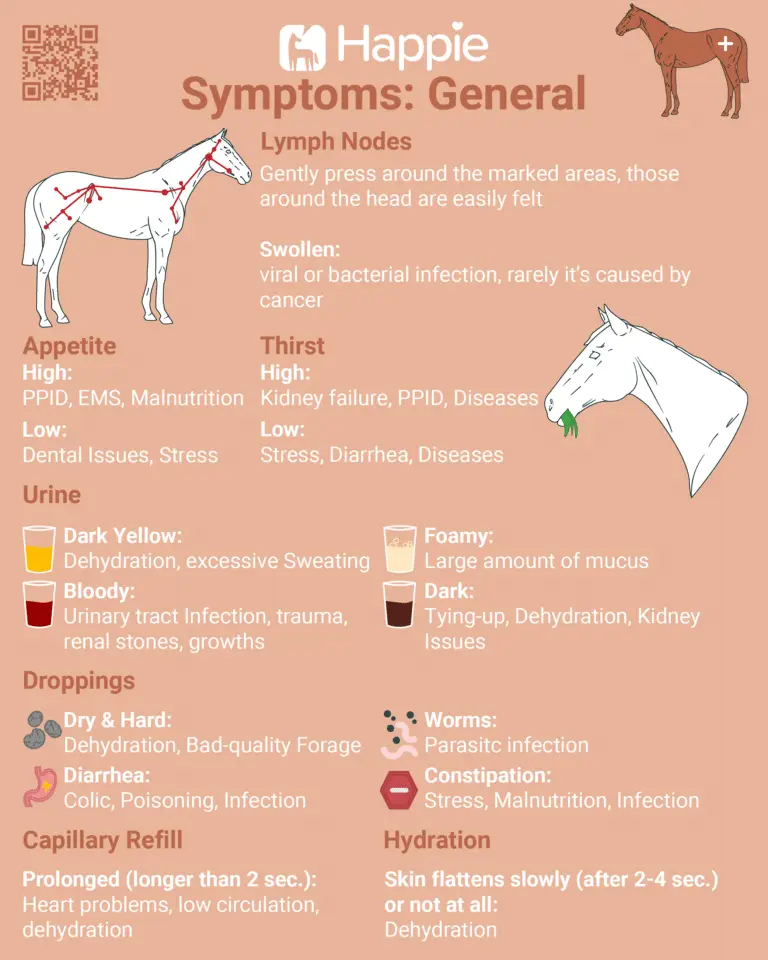
To check the condition of the lymph nodes, gently press on the areas around the head marked in the diagram above. You should be able to feel them well here.
If the lymph nodes are swollen, this can have various causes. Most often it is a viral or bacterial infection, more rarely it is caused by cancer.
Appetite and thirst also say a lot about your horse’s well-being.
If your horse has little appetite, dental problems or stress are often the culprits. Excessive appetite can indicate malnutrition, EMS or PPID.
If your horse drinks a lot, this can also be a symptom of PPID, but also kidney failure.
Stress, diarrhoea or other illnesses often manifest themselves in low thirst.
Your horse’s urine and droppings often give you clues about the health of your horse.
If the urine is dark yellow, it may be caused by dehydration or profuse sweating. Bloody urine is often caused by urinary tract infections, trauma, kidney stones or growths. Large amounts of mucus in the urine often make it foam.
Dark urine can be a sign of kidney failure, dehydration or cross-contamination.
When checking the condition of your horse’s droppings, look for dry, hard, diarrhoea or constipation. You can also recognise a parasite infestation by worms in the droppings.
If the capillary refill time is longer than two seconds, it may be a symptom of heart problems, poor circulation or dehydration.
The skin fold test is an easy way to check your horse for possible dehydration. Gently pinch your horse’s skin between thumb and forefinger. If the skin flattens only slowly (after two to four seconds) or not at all, this indicates dehydration!
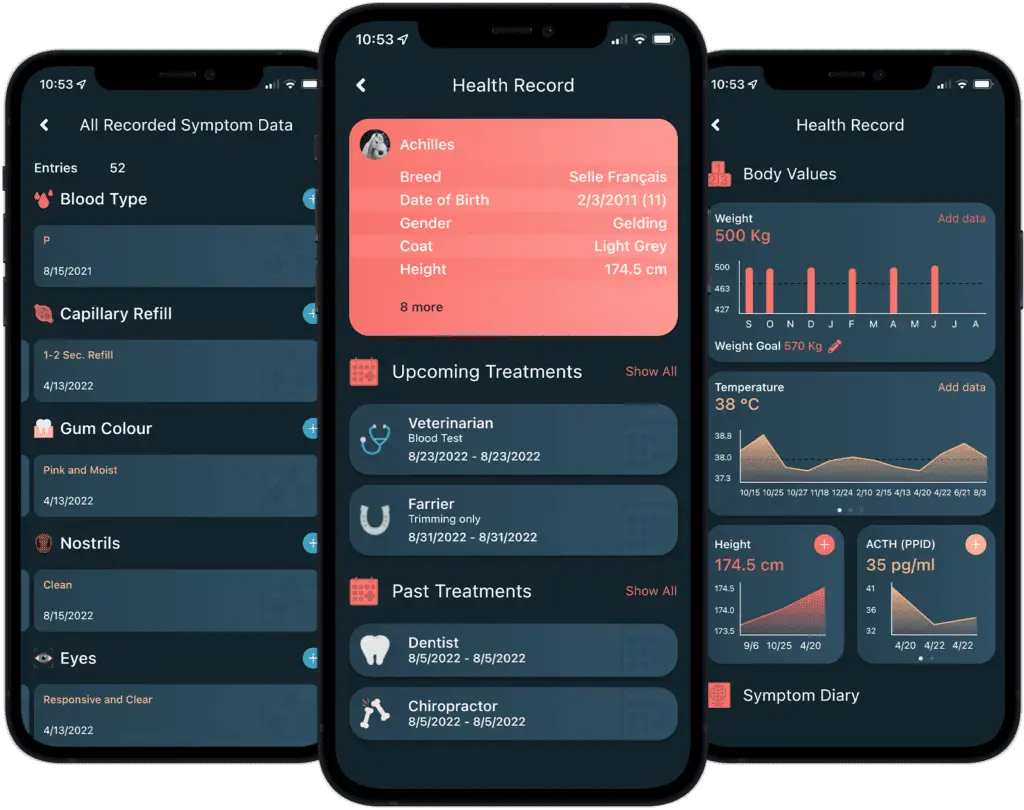

Just as it is with humans, the horse’s skin is the largest organ of the body. However, this blog post is dedicated to the organs that we cannot see from the outside. Let’s take a look inside the horse and

Equine asthma, also known as “heaves” or chronic obstructive bronchitis, is a common condition in horses. It is a chronic respiratory disease caused by inflammation of the airways. Symptoms of Equine Asthma: Horses with asthma show a variety of symptoms
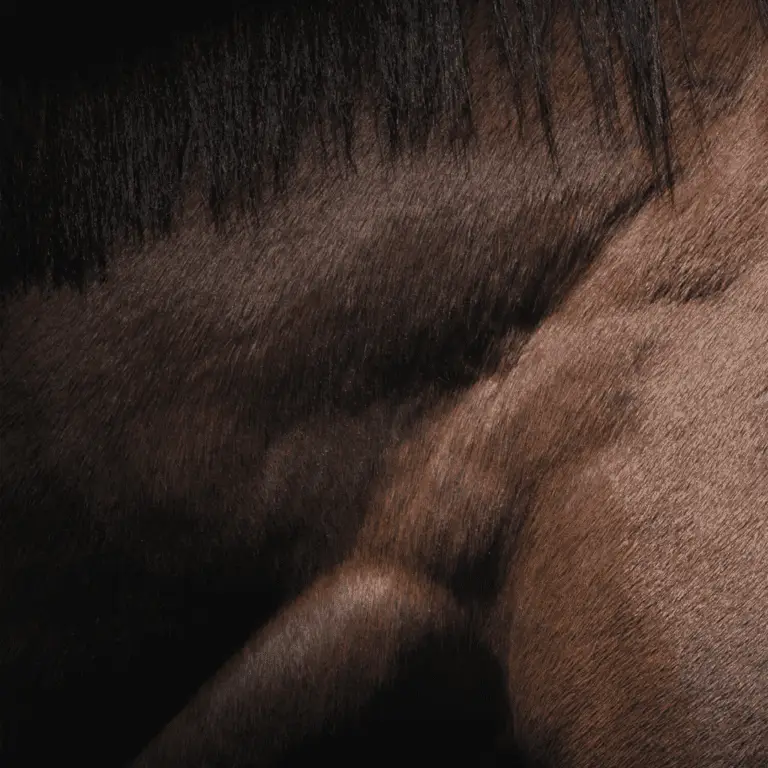
Here’s how you can help your horse When the days start to get longer and spring arrives, we throw our thick winter coats into the basement and wait for the warmer weather. While we are ready for the change in
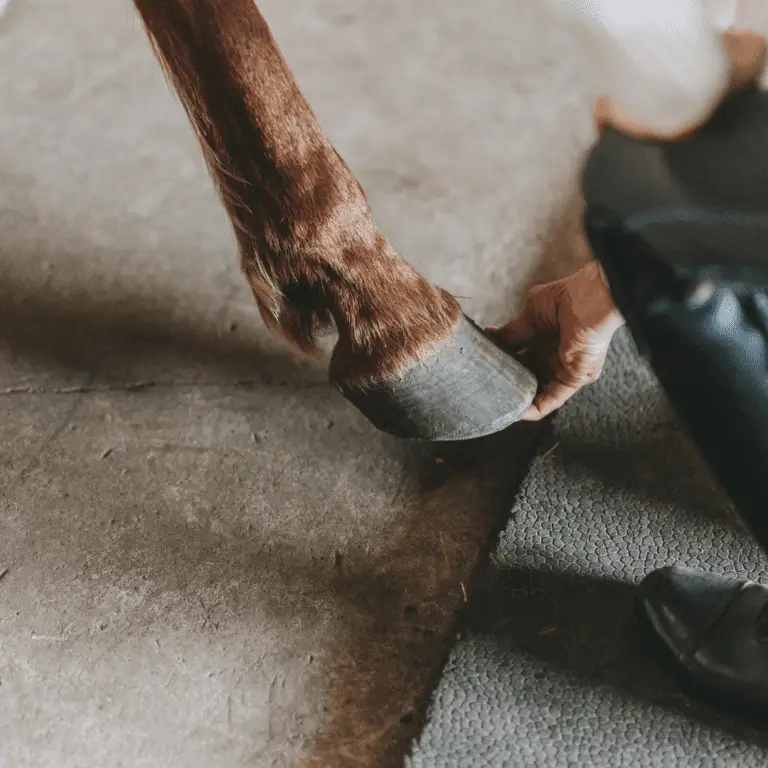
Going barefoot refers to the practice of keeping horses without horseshoes, allowing them to walk and run on natural surfaces with their hooves unprotected by metal shoes. This practice is based on the idea that horses evolved to have hooves
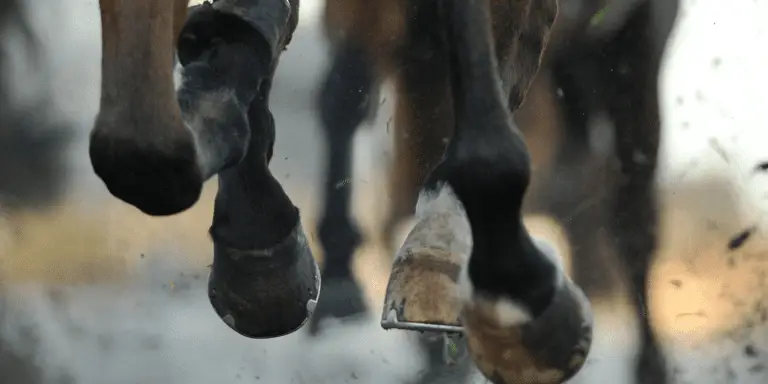
“No Hoof, No Horse.” The horse’s hoof represents a remarkable anatomical phenomenon. The horse rests practically all day on the tip of a single toe or finger. Hence the old adage, “No hoof, no horse.” There is no question that
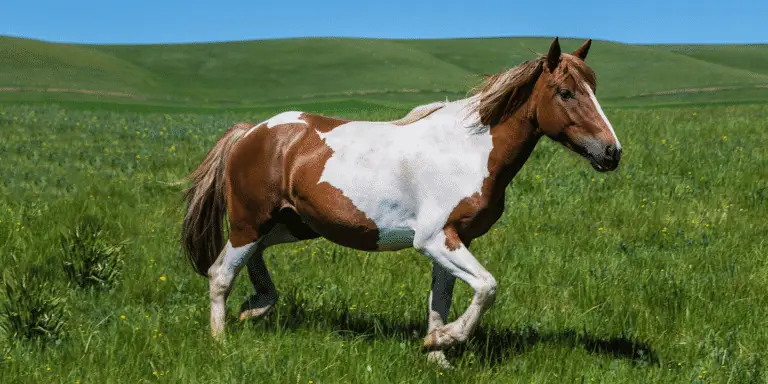
When grooming and saddling, you can easily check your horse’s body for symptoms. In this blog post you can read about symptoms of the horse’s body and what they could mean. Everything About Symptoms on the Horse Body A Sore